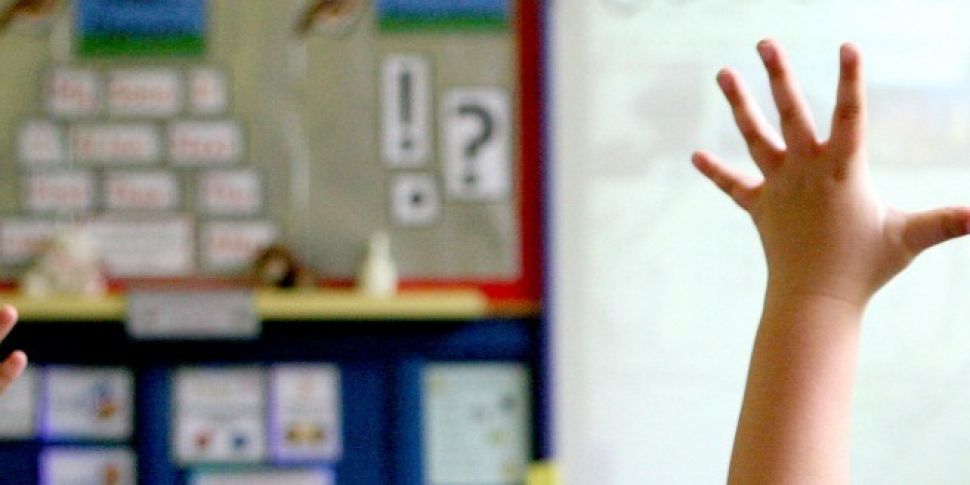The Government has approved a bill to end the baptism barrier in schools.
It would mean schools cannot discriminate because of religion when there is a waiting list.
Some 90% of Irish primary schools have a Catholic ethos and, as of now, when they are oversubscribed they can give priority to some children based on religion.
Education Minister Richard Bruton wants to change that, and on Tuesday he got Cabinet approval for a number of amendments to a School Admissions Bill.
He has said it is unfair a child of no religion is passed over in favour of a child whose been baptised.
The amendment would end that practice in almost all schools.
The exception being children of minority religions so they can still access a school of their faith.
The amendments to the bill will also allow Gaelscoileanna to give priority to Irish speaking children.
It will also give the minister the power to make a school open a special class for those with special needs, where the National Council for Special Education has identified the need for one in that area.
Announcing the change, Minister Bruton said: "It is unfair that a local child of no religion is passed over in favour of a child of religion, living some distance away for access to their local school. Parents should not feel pressured to baptise their child to get access to their local school.
"While 90% of our primary schools are of a Catholic ethos, recent figures show that over 20% (and growing) of our parent-age population is non-religious. In addition, recent marriage statistics for 2017 show that only approximately 51% of marriages occurred in a Catholic ceremony".
This change balances the rights of three different groups: minority religion families, catholic families, and non-denominational families.
These changes will only impact oversubscribed primary schools, which are predominantly located in large urban areas.
While schools that are not oversubscribed must continue to accept all applicants, regardless of religion.
Additional reporting: Jack Quann









